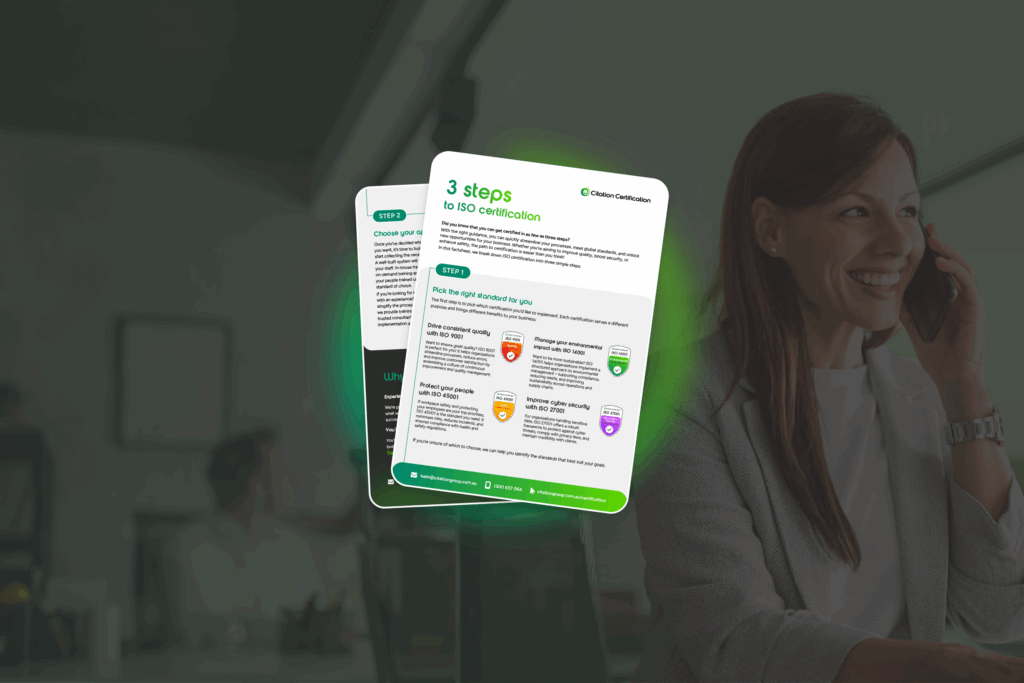
Parental leave policies are designed to support, protect, and assist working parents during childbirth, adoption, and early childhood. And, with the recent passing of the Secure Jobs, Better Pay Bill bringing about the biggest shake-up to our industrial relations landscape in over a decade, businesses need to be across these changes.
What is the unpaid parental leave entitlement?
Unpaid parental leave is an entitlement under the Fair Work Act 2009 (Cth) (FW Act) and National Employment Standards (NES).
All employees in Australia are eligible for unpaid parental leave if they have completed at least 12 months of continuous service with their employer. This includes casual employees if they have been working for their employer on a regular and systematic basis for at least 12 months and have a reasonable expectation of continuing work for their employer on a regular and systematic basis.
The parental leave provisions available to eligible employees include the following:
- birth-related leave and adoption-related leave (including for premature birth, stillbirth, or infant death);
- unpaid special maternity leave;
- a right to transfer to a safe job in appropriate cases, or to take ‘no safe job leave’;
- consultation requirements;
- a return-to-work guarantee; and
- unpaid pre-adoption leave.
The Fair Work Ombudsman has developed a fact sheet that delves into the particular requirements of parental leave entitlement which can be found here.
Currently, an eligible employee is entitled to 12 months of unpaid parental leave. An employee has a right to make a request to their employer for an extension of unpaid parental leave up to a further period of 12 months. The current rules around an employee’s request for an extension of unpaid parental leave include the following:
- The employee must request in writing and must give the written request to their employer at least four weeks before the end of their current unpaid parental leave period;
- The employer must provide an employee with a written response to the request no later than 21 days after the request is made;
- The employer may refuse the request on reasonable business grounds;
- If the employer refuses the request, the written response must include details of the reasons for the refusal; and
- The employer must not refuse the request unless the employer has given the employee a reasonable opportunity to discuss the request.
New rules: what’s changing?
However, from 6 June 2023, employers will have new requirements to follow when responding to an employee’s request for an extension of unpaid parental leave. These new requirements pertain to the employer’s positive obligation to consult and discuss with the employee before deciding to refuse the employee’s request.
An employer is still required to provide an employee with a written response within 21 days of the request being made, but can only refuse the request if:
- the employer has discussed and genuinely tried to reach an agreement with the employee;
- the employer has considered the consequences of the refusal; and
- the refusal is based on reasonable business grounds.
The threshold of reasonable business grounds for refusing a request hasn’t changed and can include the following:
- that the extension of the period of unpaid parental leave requested by the employee would be too costly for the employer;
- that there’s no capacity to change the working arrangements of other employees to accommodate the extension of the period of unpaid parental leave requested by the employee;
- that it would be impractical to change the working arrangements of other employees, or recruit new employees, to accommodate the extension of the period of unpaid parental leave requested by the employee;
- that the extension of the period of unpaid parental leave requested by the employee would be likely to result in a significant loss in efficiency or productivity; or
- that the extension of the period of unpaid parental leave requested by the employee would be likely to have a significant negative impact on customer service.
Additionally, from 6 June 2023, the Fair Work Commission will be able to deal with a dispute about a request for an extension, including by conciliation, mediation, or mandatory arbitration, in circumstances where employers and employees cannot agree on a solution at the workplace level.
What about paid parental leave?
It’s at an employer’s discretion as to whether it decides to implement a paid parental leave policy in its workplace.
However, under the Paid Parental Leave Scheme, the Australian Government provides eligible parents with paid parental leave, the effects of which are also changing from 1 July 2023.
| Parental leave pay for a child born or adopted before 1 July 2023 | Parental leave pay for a child born or adopted after 1 July 2023 |
| Payment for up to 18 weeks | Payment for up to 20 weeks |
For further information concerning the Government’s paid parental leave scheme, please visit the Services Australia website.
About our author
Amanda Curatore is a qualified Senior Associate at Citation Legal and Citation HR. Amanda is highly experienced in providing workplace relations advice and assistance to clients in a wide range of matters including employment contracts, modern award interpretation, managing performance, bullying and harassment, terminations and managing risk. Amanda is also a Nationally Accredited Mediator through the Australian Mediation Association. Amanda is one of two Accredited Mediators in the team out of over 50 professional staff.








